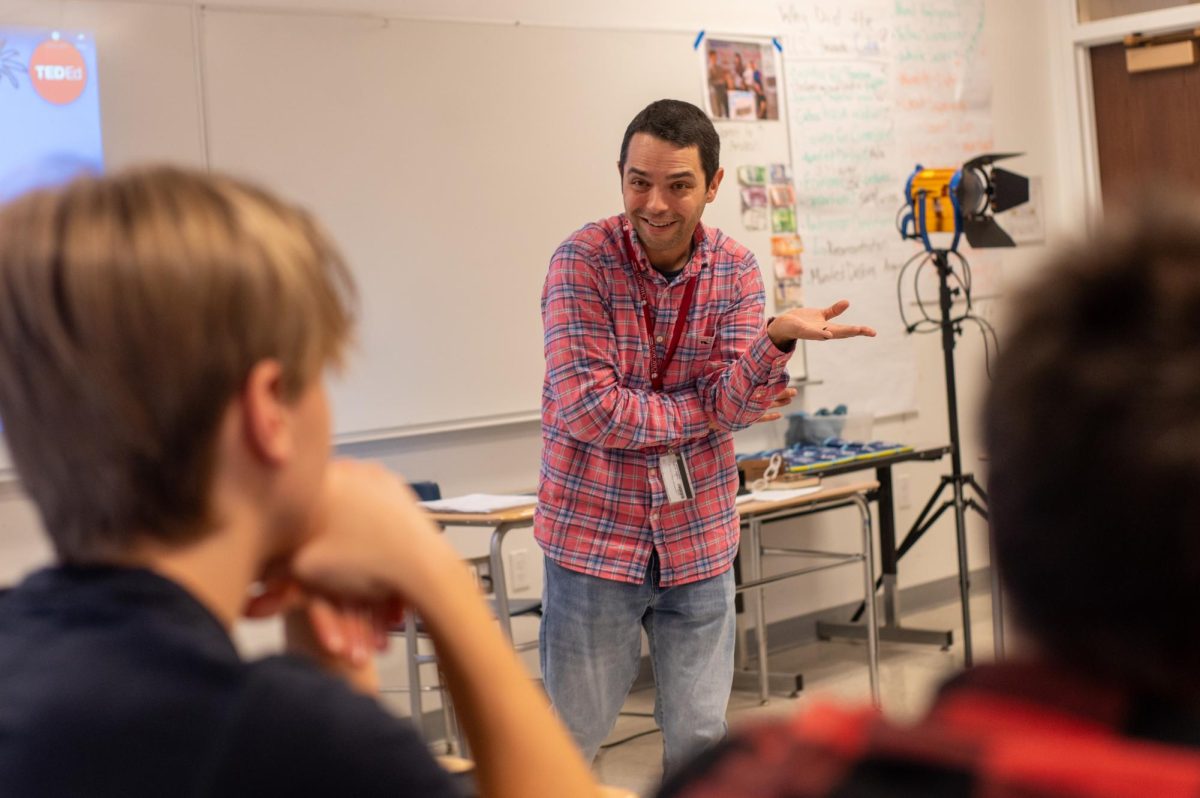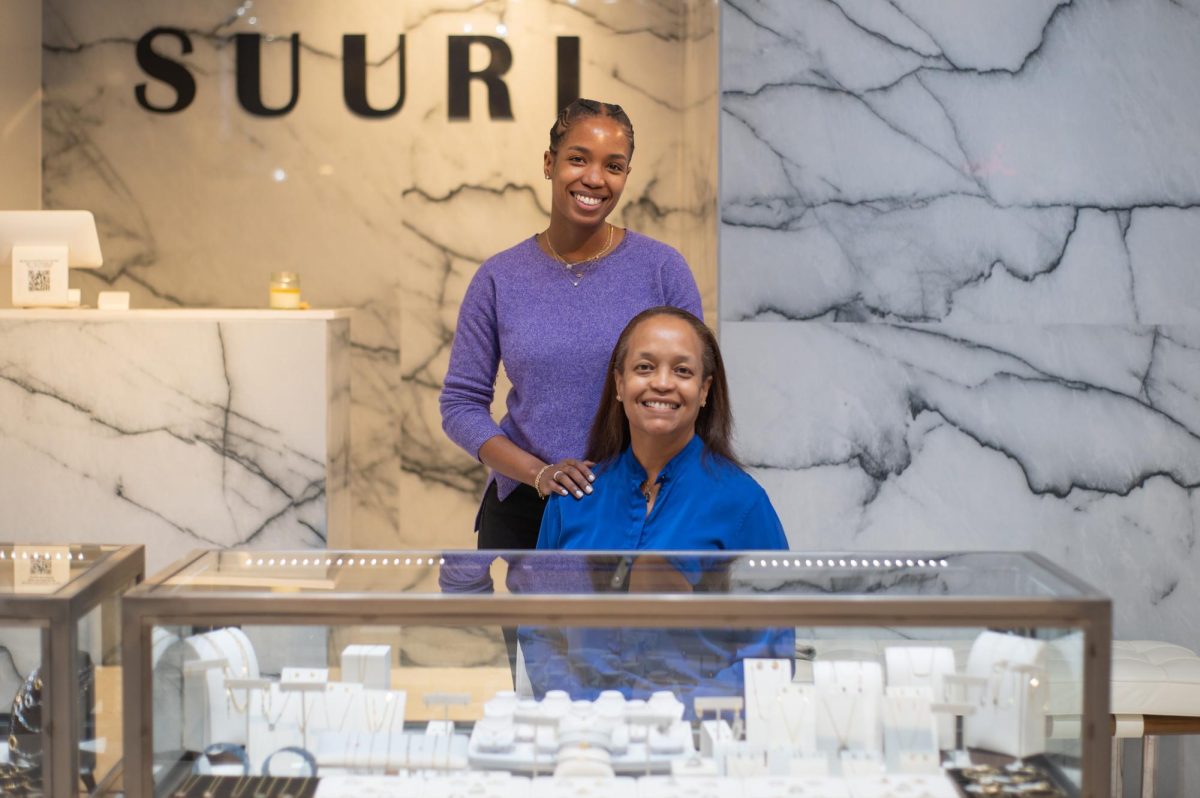It’s a typical day in Isaac Berrueta’s AT Latinx History class. The class is discussing the 1848 Treaty of Guadalupe Hidalgo, an agreement between Mexico and the United States that gave Mexican territory to the United States and gave Mexicans living in the territory American rights.
Daisy Juarez, a student who learned about the treaty in previous classes, believed that it was fair, until Mr. Berrueta challenged her belief.
He claimed that the treaty was worded in a vague way that ensured that Mexican and American citizens weren’t treated the same, a perspective that intrigued Daisy. This wasn’t the first time that Mr. Berrueta introduced a new perspective to his class.
An eager learner and passionate thinker, Mr. Berrueta uses nuanced perspectives to better inform the way he teaches history and views the role of history in life.
Before coming to the Laboratory Schools, Mr. Berrueta spent eight years teaching history and psychology at Carl Schurz High School. He described the years as both challenging and rewarding as he was able to serve immigrants like himself.
“I could not help but see myself in students, and I could not help but see my family in those families,” he said.
He was able to advocate for immigrant parents who could not speak English and to teach students about American culture.
Mr. Berrueta mentioned that he enjoyed teaching recent immigrant students about homecoming and football. He recalled them asking what homecoming was about or why they were celebrating a football game, and he got to be their bridge to American culture.
Growing up, Mr. Burrueta was taught to be independent, giving and supportive, which has shown up in his career as a teacher.
“My father, growing up, always taught me to not follow the crowd, to be independent, think for myself, to do my best, to help people,” he said.
Daisy noticed how his yearning to help people would show up in history class.
“At the end of class he’ll always tell everyone to have a great day or to love yourself,” Daisy said. “It’s something small that most teachers don’t do, but it makes you feel better, and it starts your day off in a different way.”
Besides his father’s words, Mr. Berrueta uses other aspects of his background and his family’s points of view to inform how he teaches, especially for AT Latinx History.
“I definitely bring a whole lot of my background into the topics and into the content,” Mr. Berrueta said. “I try to provide nuanced perspectives that I’ve heard growing up in a multicultural home.”
When Mr. Berrueta brings the value of nuanced perspectives into the classroom, it can shift the classroom environment and the way his students think about history subjects.
“It really allows us to maybe think about how these subjects can be very nuanced and how there’s no right or wrong answer to a topic because it can be very complex,” Daisy said.
Of the history classes he’s taught, Latinx history has been the subject that fascinates him most. Though it was his undergraduate concentration and the subject he’s most familiar with, he has only taught it once before. In the future, Mr. Berrueta hopes to deepen his knowledge of the topic.
“I haven’t had the chance to really hone in and work it and get deeper and deeper in,” Mr. Berrueta said.
Mr. Berrueta believes that history is important because it teaches citizens about themselves and the world around them.
“The more I learn about history, the more I learn about myself, and that’s what makes it interesting,” he said. “The more I learn about history, the more I learn about you, and the more I learn about people, and the human condition if you will.”
According to Mr. Berrueta, being informed on humanity’s past events helps humanity understand different perspectives and events, an important aspect of education. History makes for more informed and open-minded citizens of the world and aids in the communication with the 8 billion.























































Joseph Pulitzer • Mar 14, 2024 at 11:18 am
Nice job Neha! Your story is trending.